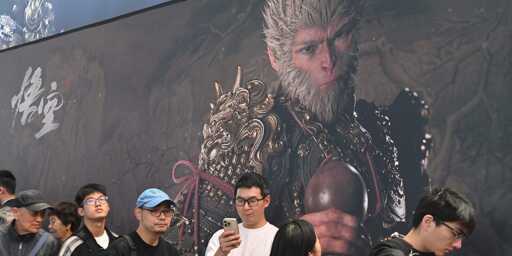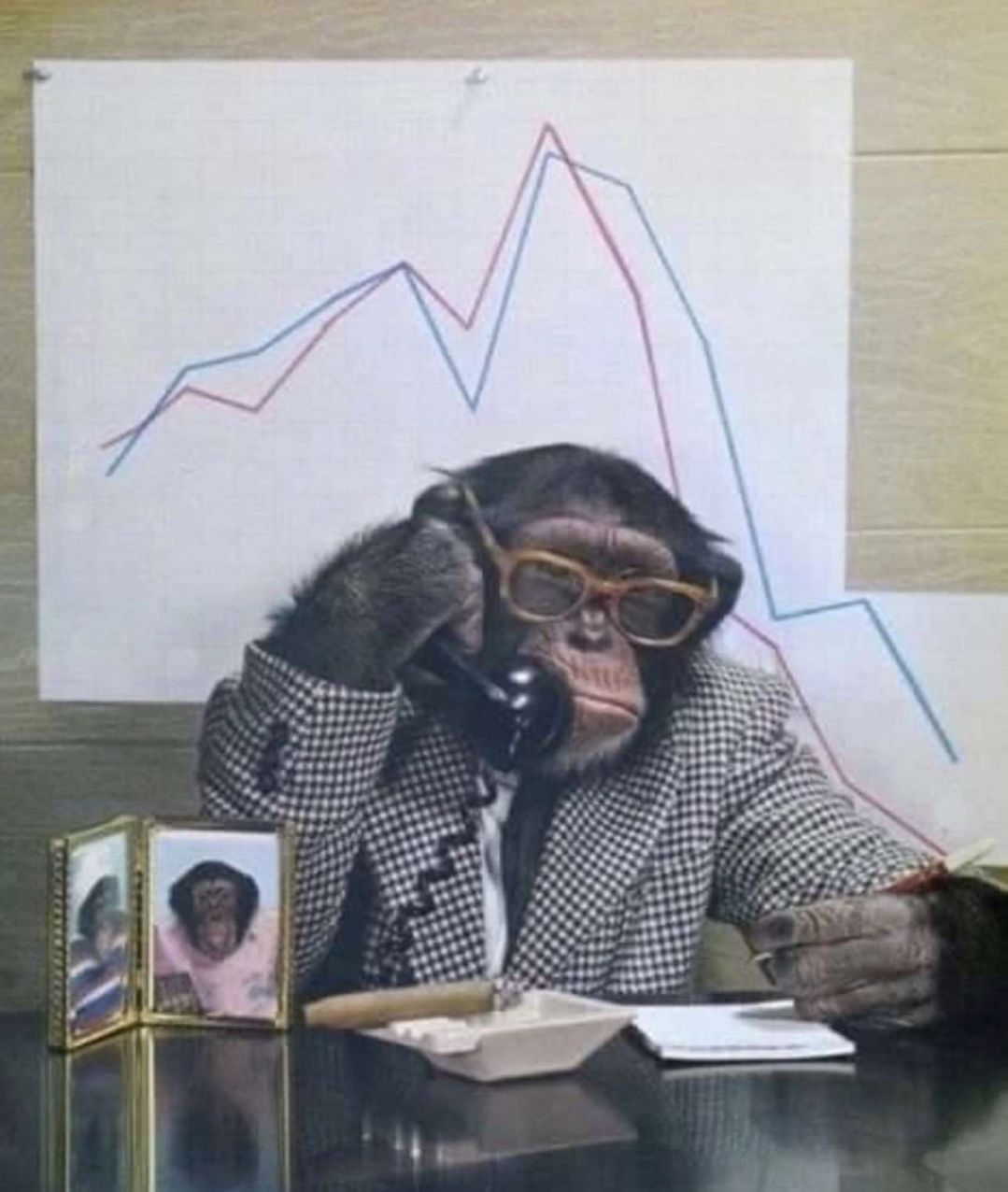Copyright infringement sucks when it happens to you doesn’t it China
Copyright sucks. Brought to you by copyleft gang
Uh, copyleft still depends on copyright. All it means is that licenses are free so long as the terms are followed, but it still relies on licensing. The actual opposite(s) of copyright is open-source and/or public domain.
“one user wrote” *China
Man, our media really has become utter shait.
The irony…
I may be wrong but Wukong itself looks a Souls knock-off, so I don’t see the problem.
souls is a genre tho
Imagine that! Popular game makes a ton of money and scam companies make shameless ripoffs to try and cash in on it? Never happened before and never will! /s
How long before the news reports the game was just stealing your data.
Does a company own the likeness of wukong? Seems kinda silly to be mad over that.
No, only a dude from the Ming dynasty does lol
What is the copyright system like in the Ming dynasty, I wonder.
That’s an interesting question!
I found this:
The Song’s imperial successors, and especially the Ming (A.D. 1368-1644), endeavored to strengthen state control of publication, although relatively few changes were made to the formal structure of regulation until the Qing. Each post-Song dynastic code specifically forbade the unauthorized republication of governmental works on astronomy, the civil service examinations, and other materials long considered sensitive. Additionally, each contained provisions banning “devilish books.” These provisions were supplemented periodically by special decrees— as may be seen, for example, in the Hongwu Emperor’s (1368-92) orders that all works disparaging the newly founded Ming dynasty even indirectly through the use of homophonic puns be eliminated," and in the Qianlong Emperor’s (1736-96) famous decree of 1774 requiring that all literature be reviewed so that any books containing heterodox ideas could be destroyed.
Alford, William P… To steal a book is an elegant offense: intellectual property law in Chinese civilization. 1995.
Are they upset or does western media constantly try to portray Chinese internet users as sensitive?
Chinese internet users are overly sensitive










